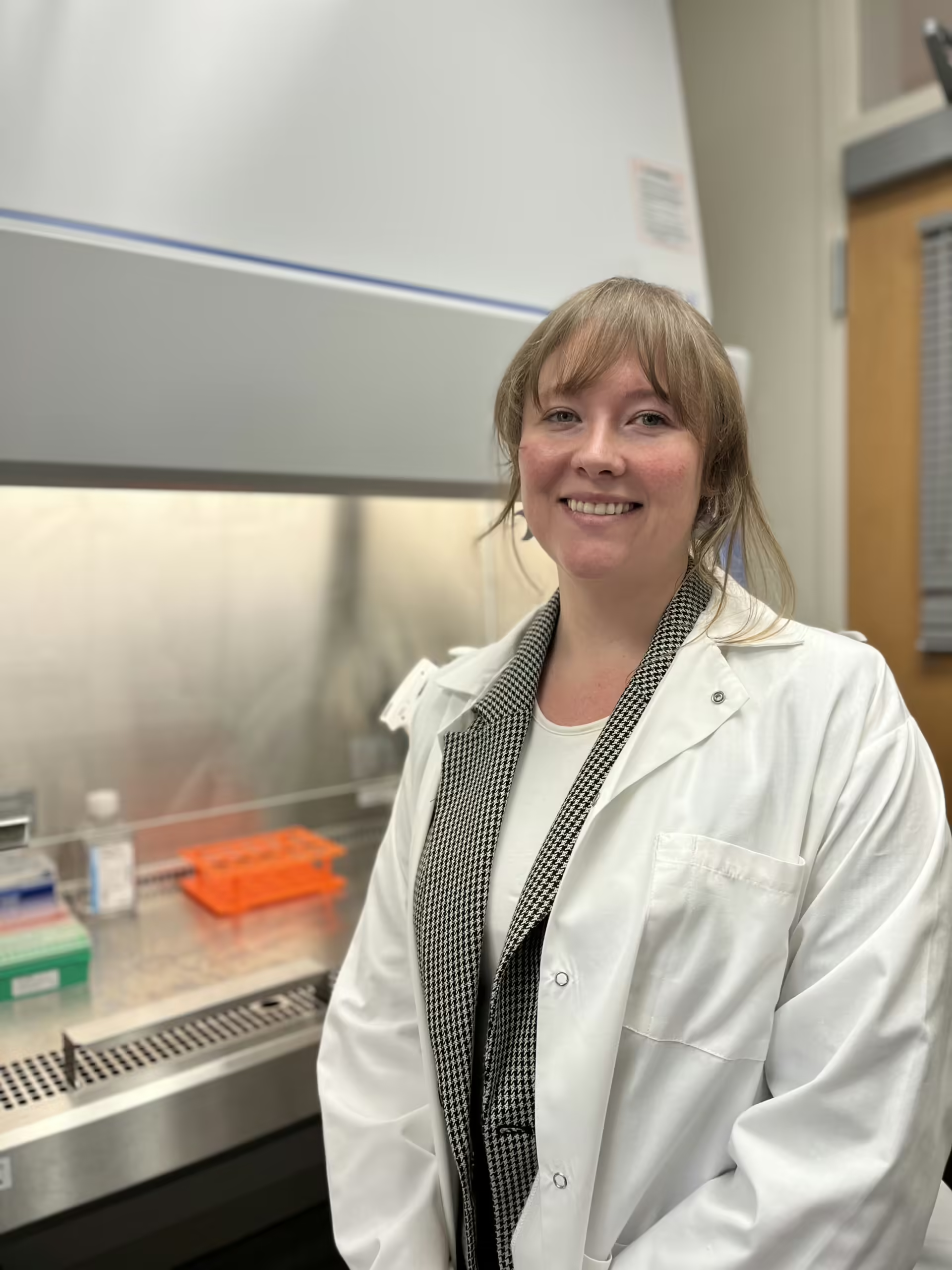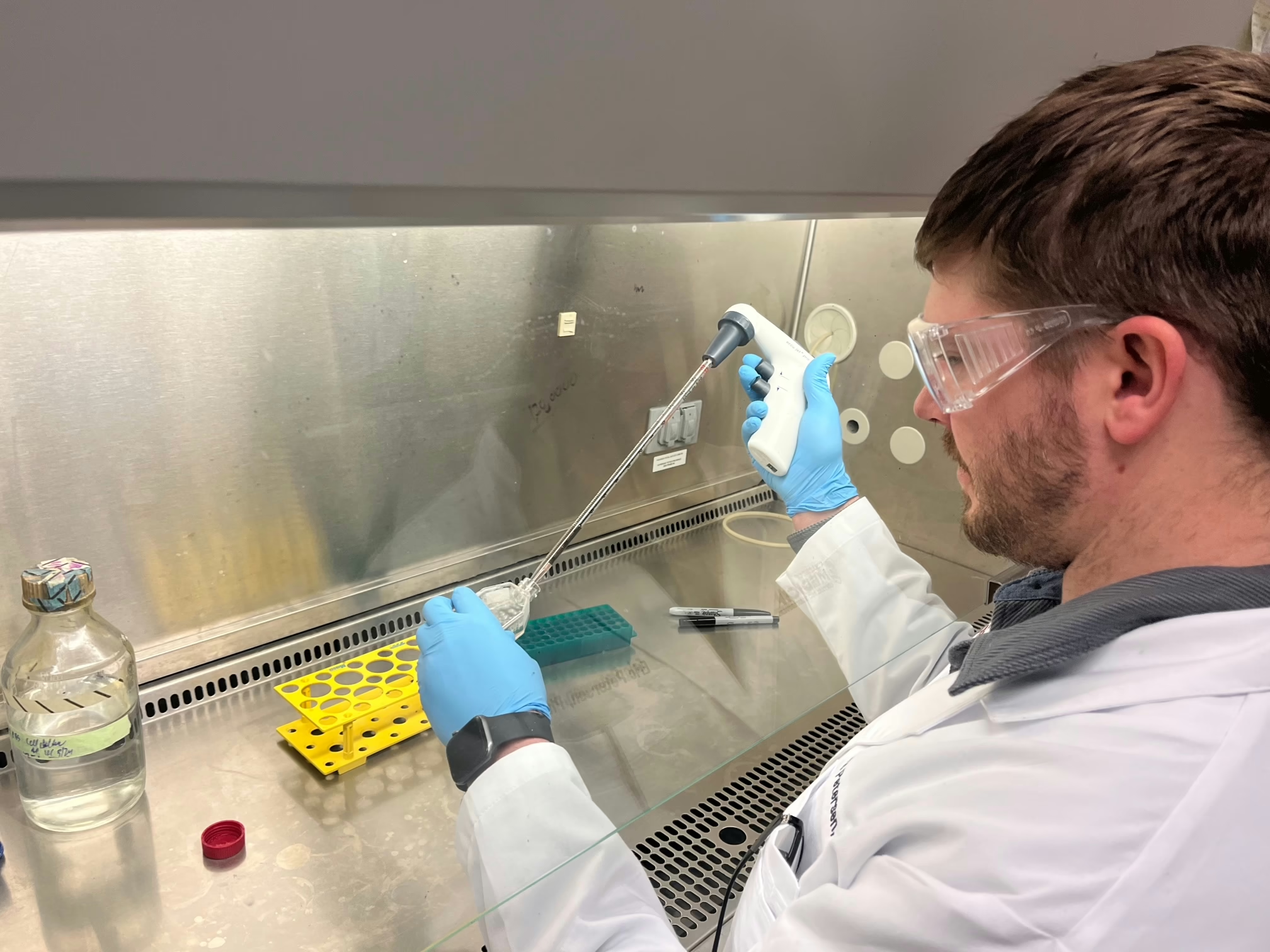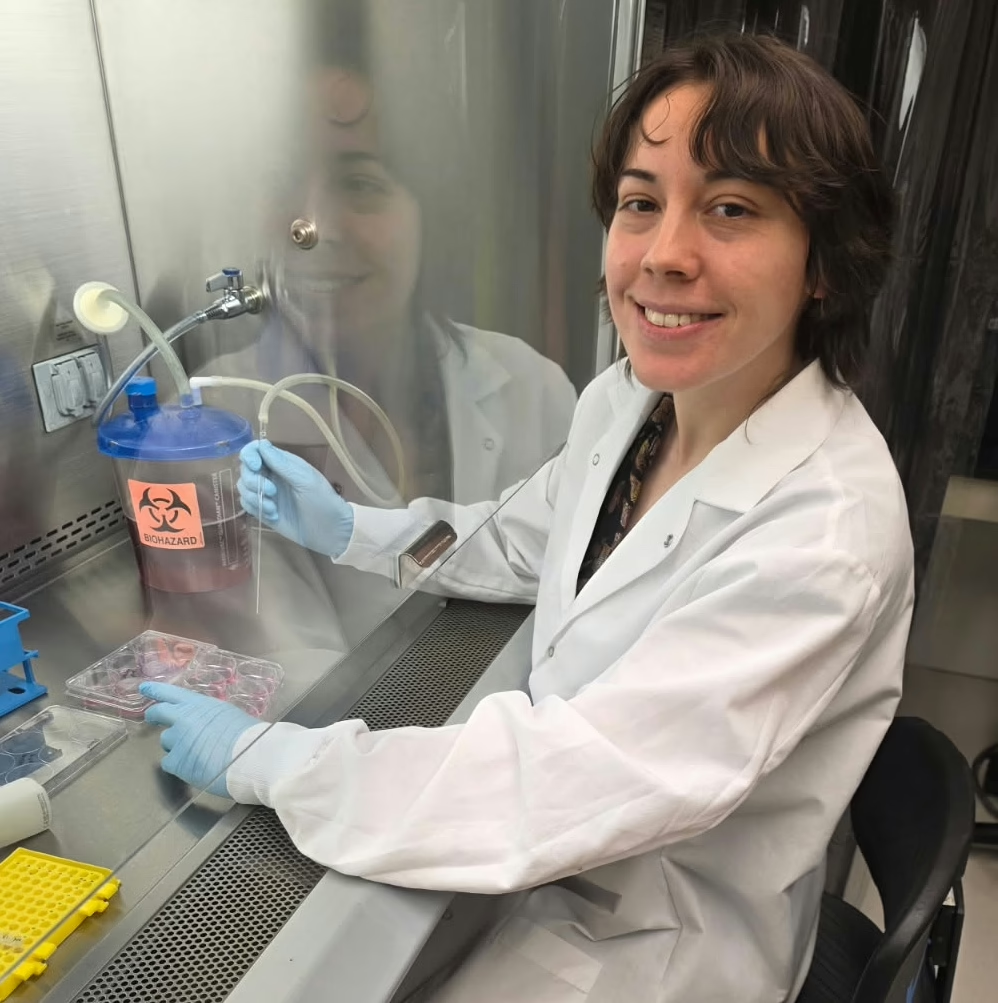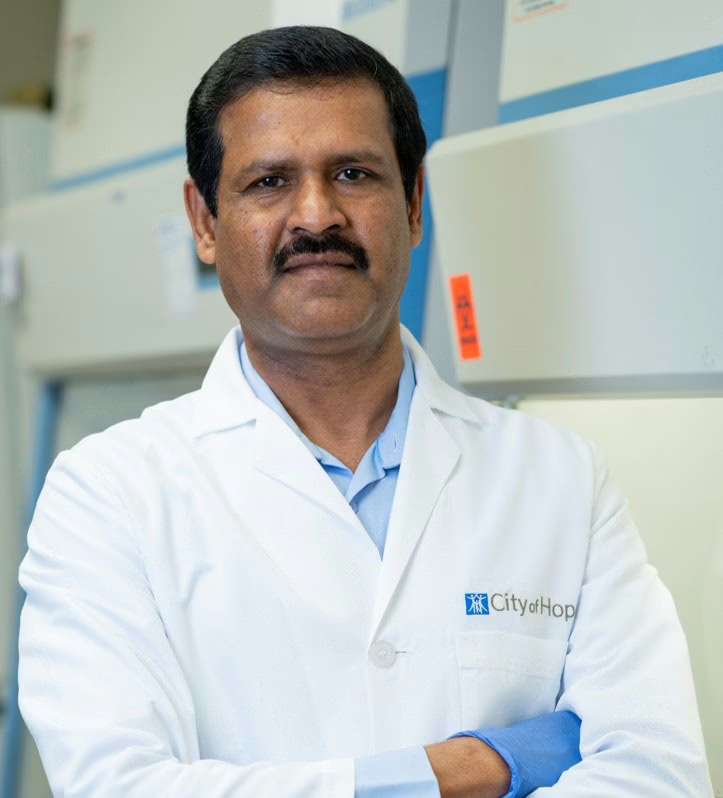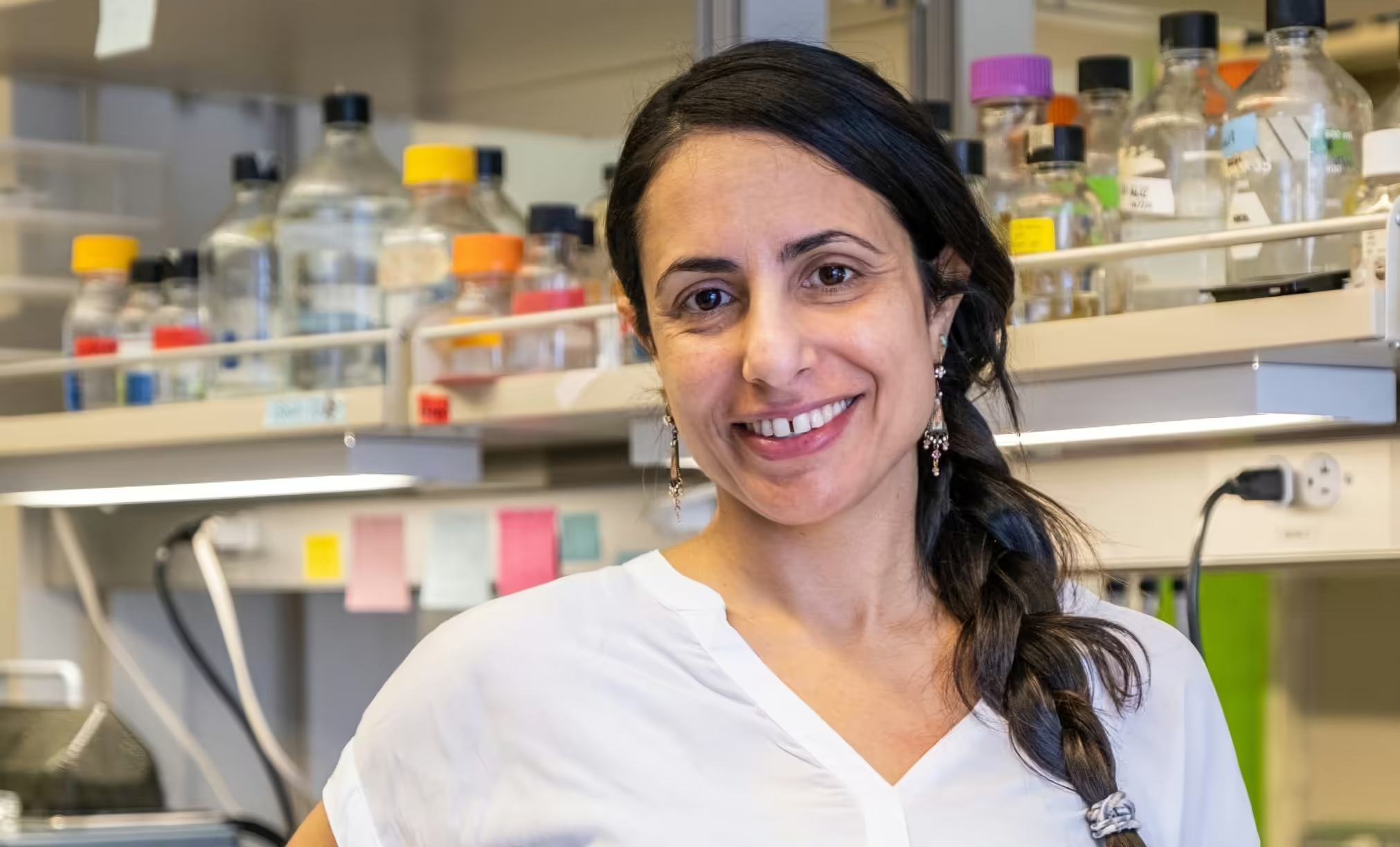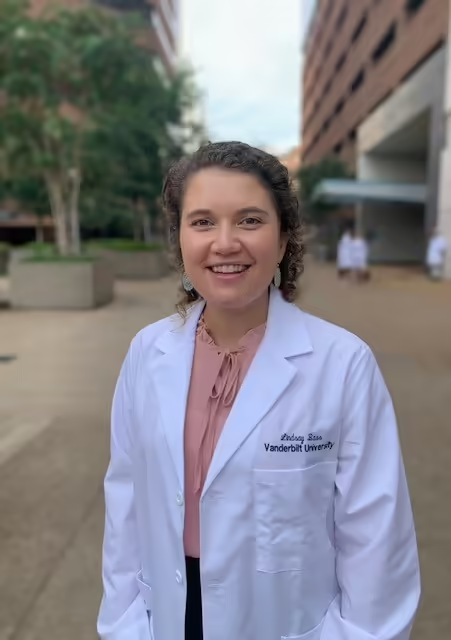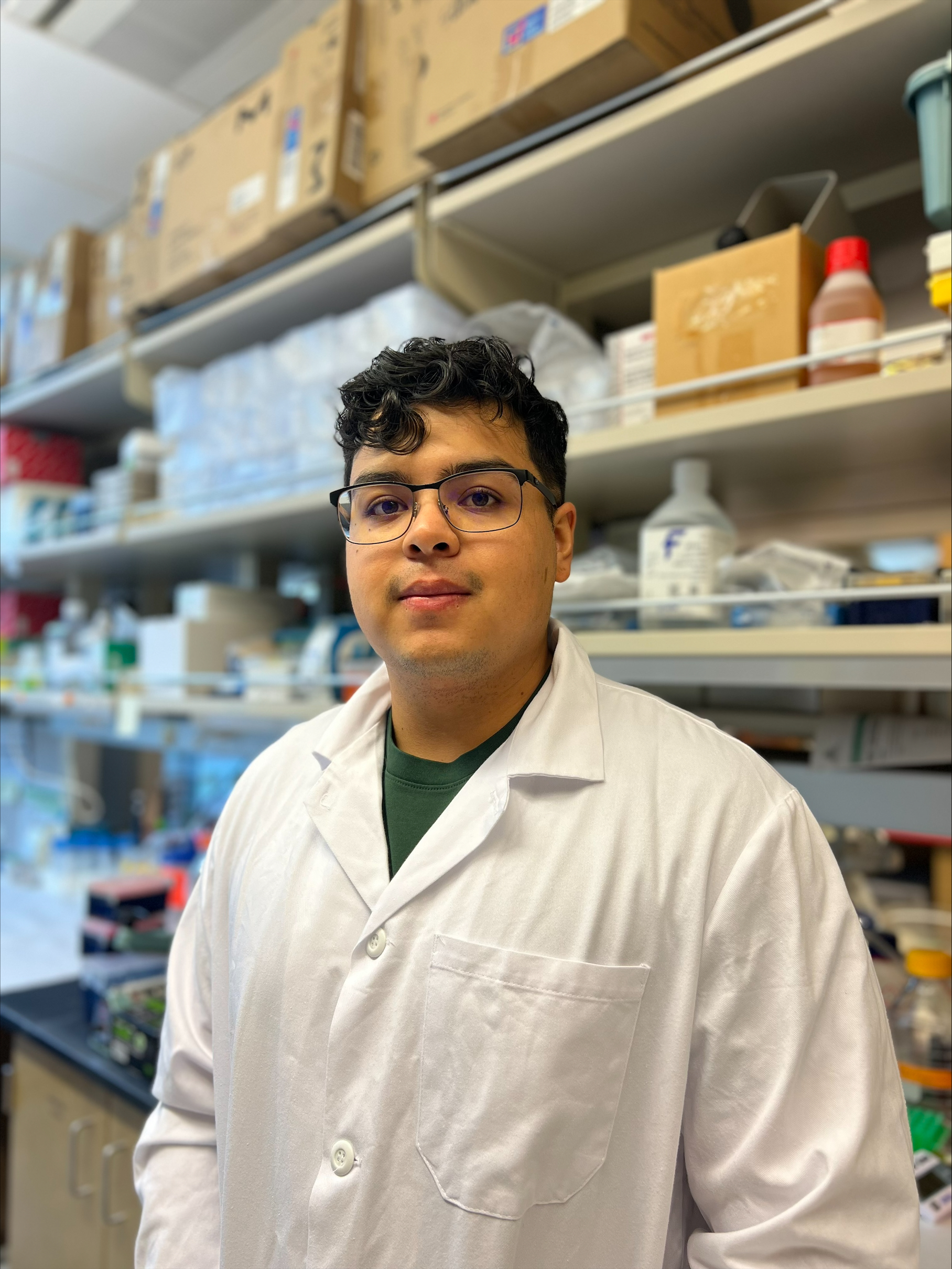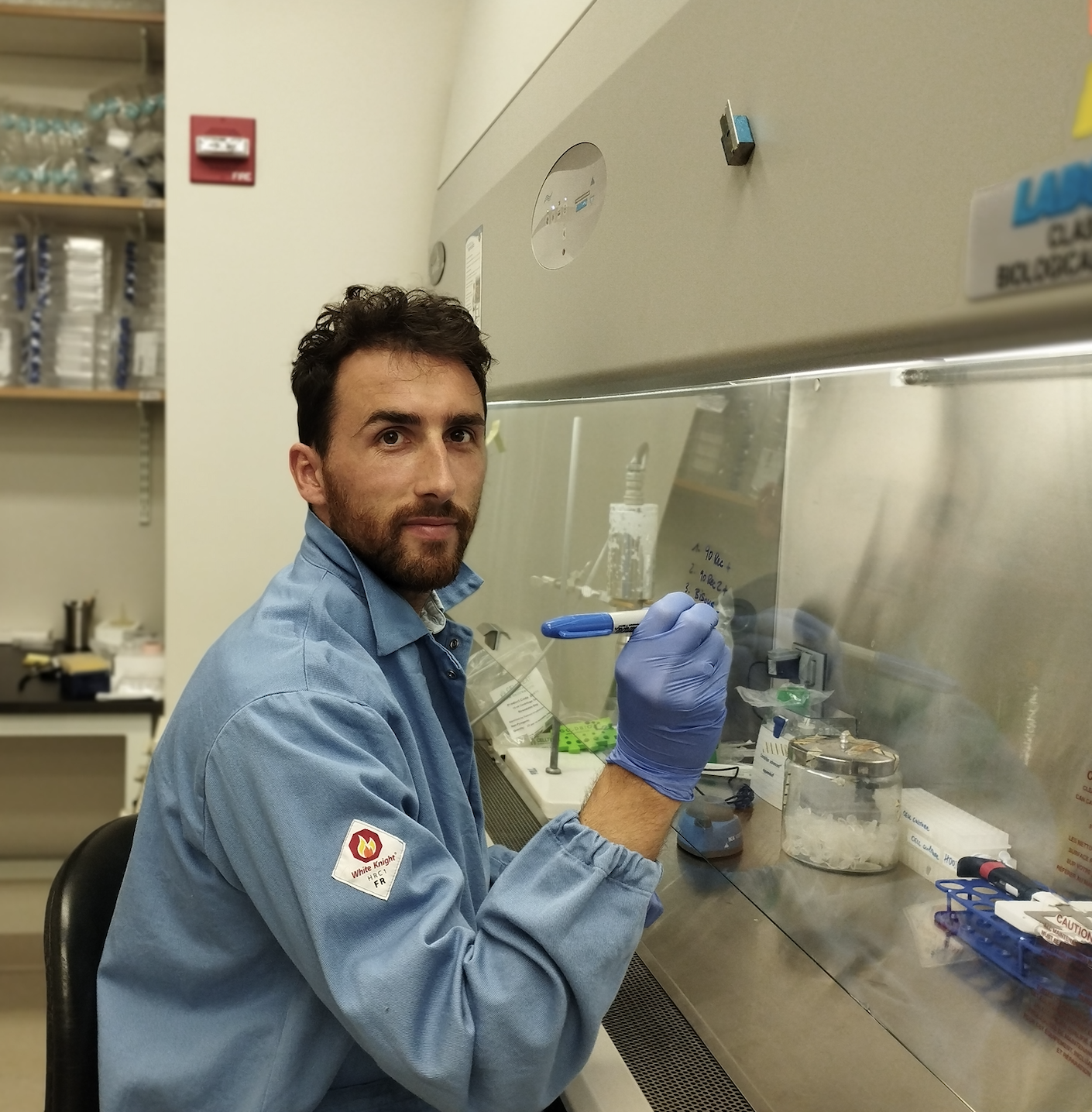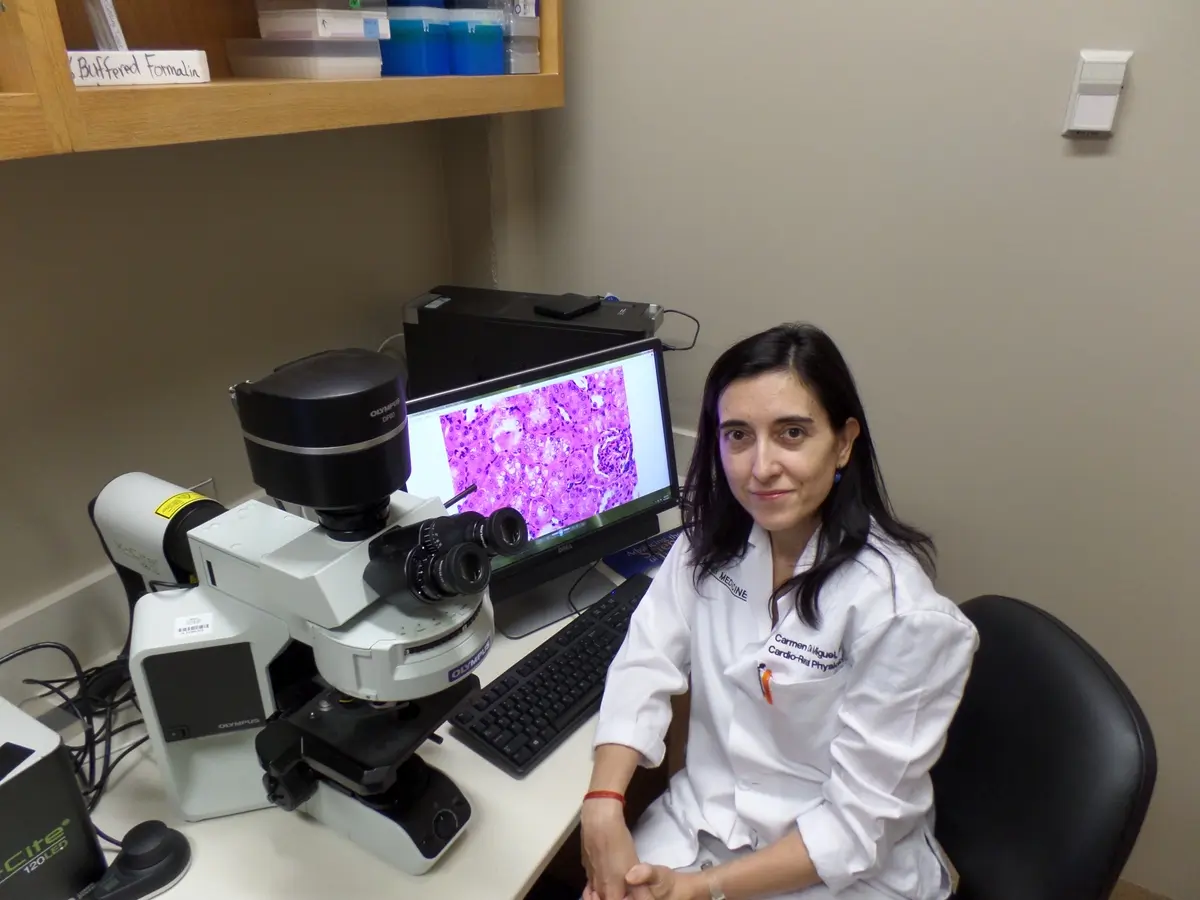Project Description
Type 1 Diabetes is an autoimmune disease which involves both environmental and genetic drivers. It is thought that genetic mutations that contribute to T1D impact the function of cells of the immune system, but the mechanisms behind this are largely unclear. One gene of interest, BACH2, contains multiple mutations which have previously been associated with risk for T1D. In primarily mouse models, it has been shown that BACH2 is important for preventing the differentiation of CD8+ and CD4+ T cells into cytotoxic and pro-inflammatory subsets, as well as promoting the function of regulatory T cells (Tregs), which are important for controlling autoimmunity.
In particular, our project focuses on a mutation within a DNA regulatory region of BACH2, rs72928038, which has been shown to reduce gene expression of BACH2 in T cells. There are currently few studies investigating the contribution of BACH2 and these T1D associated mutations to human immune cell function. BACH2 is a transcription factor which opposes T cell activation, and human cases of severe BACH2 deficiencies often result in autoimmunity. Thus, we believe that the loss of BACH2 expression mediated by rs72928038 permits increased T cell activation, contributing to the development of CD8+ T cells which are able to kill insulin producing β cells, or leading to Treg functional deficiencies. This is supported by our preliminary observations that organ donors who possess the risk genotype tend to possess more of a potentially pro-inflammatory CD8+ T cell subset in the pancreatic lymph node, as well as increased T cell expansion. We will confirm our observations using CRISPR/Cas9 gene editing tools to delete BACH2 or modify the mutation in human T cells. We hypothesize that loss of BACH2 expression or function will promote inflammatory rather than regulatory phenotypes and enhance the activation and killing capacity of T cells which target the islets. Gaining a better understanding of how these mutations impact T cell phenotype is critical to decoding the process by which T1D develops, creating better therapeutics to oppose this process, or improving selection of patients based on genotype for optimal benefit in clinical trials.

